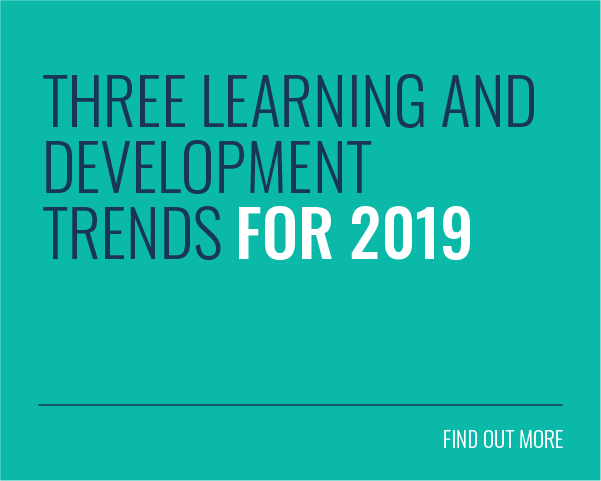 There is much evidence to show that passive learning – sitting back and listening to a lecturer – provides only the lowest level of knowledge retention and cognition (Deslauriers et al., 2011).
There is much evidence to show that passive learning – sitting back and listening to a lecturer – provides only the lowest level of knowledge retention and cognition (Deslauriers et al., 2011).
Active learning methods, on the other hand, help to develop problem solving and critical thinking skills and provide a much higher level of cognitive functioning. This leads to a greater degree of understanding and information retention.
One active learning method which will achieve these feats of learning awesomeness is team-based learning, whereby learners are encouraged to prepare before a classroom-based event and then work in teams while in the classroom.
It’s a classic example of the ‘flipped classroom’ that you may have heard of – getting learners to go through eLearning units in their own time, before they attend a classroom event, to free up time during the session for collaborative learning and discussion-based work. It ensures that learning is cemented much more thoroughly in the learners’ minds and also transforms the role of the tutor from content delivery to guide.
There are four principles that contribute to successfully implementing team-based learning in the classroom:
Carefully formed teams
To get the most out of team-based learning, you can’t chuck learners together willy-nilly. Teams should be carefully formed and managed to ensure good team diversity and communication. There’s no point teaming the group’s most talkative learner with the least outgoing – the talkative learner will continue their role of over-contributing and the least talkative will stay silent.
Instead, separating them might encourage the silent learner to come out of their shell and the louder learner might be more likely to listen to the views of others.
It’s also important that a good diversity is present within teams. For instance a variety of education, experience and cultural backgrounds will be beneficial – you never know who might come up with an interesting idea!
Accountability
Being accountable to your peers is pretty critical to building a successful team. This doesn’t just mean contributing on the day, but also being accountable for pre-class preparation work. There’s nothing worse than arriving at class to find none of your team has done their homework!
Feedback
Individuals and teams need frequent and timely feedback to know how well they’re doing (or not). It’s important to pick up on misunderstandings and erroneous ideas early on, before they’re discussed and stick in the learners’ minds. Getting teams back on the straight and narrow will keep the topics focused, accurate and relevant to the desired learning outcomes.
Applying knowledge
It’s always easier to see whether we’ve learnt something when we can apply it, so encourage team application exercises that promote learning and team development. One way to achieve this is to ask teams to use their collective knowledge, skills and values to choose a specific solution to a problem and then defend their choice to the hills. You’ll soon see who knows their stuff and who is falling behind!
These 4 tips will make sure that team-based learning exercises in the classroom are effective and engaging for learners. But team-based learning isn’t the only way to engage learners in the classroom – there are many more tips in our white paper all about how to make classroom learning more fun. Download it for free below!
[hs_action id=”6449″]








